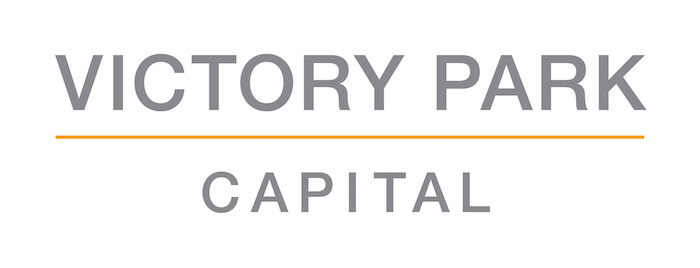Litigation Capital Management Limited (AIM:LIT), a leading international alternative asset manager of disputes financing solutions, announces the outcome of the settlement reached in an Australian class action funded by it.
As previously announced (15 May 2023), the class action was brought in the Federal Court of Australia against the Commonwealth of Australia on behalf of persons who are alleged to have suffered loss and damage as the result of the contamination of their land at seven sites around Australia in proximity to Department of Defence military bases.
The Commonwealth has agreed to pay the sum of AUD$132.7M in order to resolve the class action. A confidential deed of settlement was executed and has now been approved by the court, allowing the disbursement of funds, subject to the unlikely event of appeal.
The claim forms part of LCM’s managed Global Alternative Returns Fund (“Fund I”) and was funded directly from LCM’s balance sheet (25%) and Fund I Investors (75%). Details of the returns are highlighted below:
| *AUD$m | Investment performance | LCM performance metrics |
| Invested capital | 13.5 | 3.4 |
| Investment return | 28.6 | 7.2 |
| Total revenue | 42.1 | 10.6 |
| ROIC on investment | 2.12 | 2.12 |
| Performance fee* | – | 6.4 |
| Gross profit | 28.6 | 13.6 |
| ROIC after performance fees | 2.12 | 4.03 |
*The investment returns are subject to change based on the prevailing FX rate and timing of distribution
Patrick Moloney, CEO of LCM, said: “This settlement is a positive start to the fiscal year, demonstrating the momentum LCM’s portfolio has gained over the last six months. We continue to scale our portfolio of investments through increased commitments which are a key indicator of future growth and long term shareholder value.”
About LCM
Litigation Capital Management (LCM) is an alternative asset manager specialising in disputes financing solutions internationally, which operates two business models. The first is direct investments made from LCM’s permanent balance sheet capital and the second is third party fund management. Under those two business models, LCM currently pursues three investment strategies: Single-case funding, Portfolio funding and Acquisitions of claims. LCM generates its revenue from both its direct investments and also performance fees through asset management.
LCM has an unparalleled track record driven by disciplined project selection and robust risk management. Currently headquartered in Sydney, with offices in London, Singapore, Brisbane and Melbourne, LCM listed on AIM in December 2018, trading under the ticker LIT.





